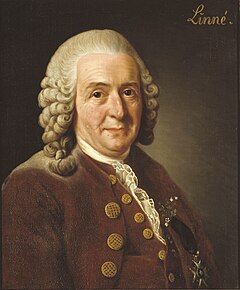 Milk is a drink almost everyone consumes by the breakfast or even as a couple of a cookie, but we don´t think how much money is spend to produce one gallon or if its completely clean to public consume, this and more questions will be answered next.
Milk is a drink almost everyone consumes by the breakfast or even as a couple of a cookie, but we don´t think how much money is spend to produce one gallon or if its completely clean to public consume, this and more questions will be answered next.We classified the causes and consequences in three branches, which are social, economical, and environmental.
Causes
Social
- Because we have been teach seen we were toddlers
- Marketing
- The belief of gaining calcium
- Because some food is design to be accompanied with milk
- Is easy to produce
- Government give free milk to poor people
- We consume derivatives
- Almost non of the product is water during the process
- Support economy
Consequences
Social
- Stomach can't digest milk
- Humans eat too much fat
- Chemicals affect people
- It affects intestinal flora
- Milk dependence
- Price of milk is expensive
- Cows are very expensive
- It requires a lot of investment to maintain a cow stable
Environmental
- The cows produces lots of damages to the environment
- The methane that the cows produce affects the green house effect
- The enterprises produce a lot of waste that affects soil and rivers
- Cows suffer abuse over the their natural state
- Wasting space for production of human food and instead it is used for animals















